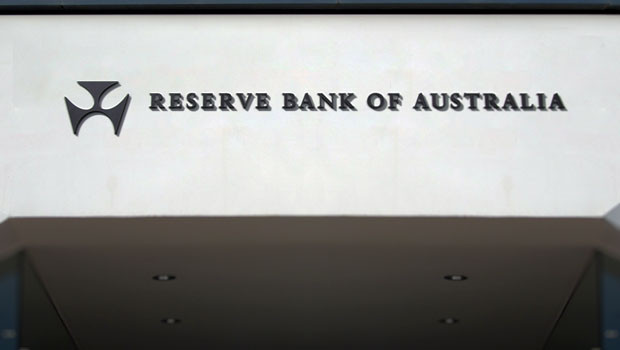Asia report: Markets fall across region as RBA keeps rates on hold

Markets in the Asia-Pacific region saw a notable downturn on Tuesday, with Hong Kong stocks spearheading the declines upon return from the National Day holiday.
Australia was also in focus, as its central bank stood pat on interest rates, as widely expected.
“The Australian dollar has turned sharply lower on Tuesday following the latest Reserve Bank of Australia (RBA) meeting overnight,” said James Harte at TickMill Group.
“The bank was seen keeping its headline policy rate on hold at 4.10%, despite some speculation that it might opt for a further increase.”
Harte noted that the RBA’s central forecast was for consumer price index inflation to continue to decline and to be back within the two-to-three per cent target range in late 2025.
“Despite this central view, the RBA did note that there are significant uncertainties in the outlook and acknowledged that further tightening might still be needed.
“On the back of this latest pause, and with inflation declining steadily, the market is now repricing its rates outlook for the RBA, reflected in a lower AUD price.”
Tumultuous return for Hong Kong, bourses fall across region
The Hang Seng Index in Hong Kong suffered a significant dip, closing 2.69% lower at 17,331.22.
Individual entities such as Zhongsheng Group, Country Garden Services, and Hansoh Pharmaceutical Group bore considerable losses of 7.94%, 7.05%, and 6.75%, respectively.
Australia’s S&P/ASX 200 didn’t escape the financial perturbation, with a notable decline of 1.28%, settling at 6,943.40.
Firms such as Paladin Energy, Perseus Mining, and Beach Energy experienced sharp declines of 5.91%, 5.74%, and 5.52%, respectively.
Amidst the downturn, the Australian central bank opted for stability, maintaining rates at 4.10% - a decision widely anticipated by markets.
Over in Japan, the Nikkei 225 and Topix indices weren't spared, experiencing contractions of 1.64% and 1.68% to 31,237.94 and 2,275.47, respectively.
Individual losers like Nippon Sheet Glass, Inpex, and Chiyoda saw sharp descents, with their stocks falling by 6.65%, 6.49%, and 6.15%.
New Zealand exhibited a more modest impact on its market, with the S&P/NZX 50 marginally receding by 0.07% to 11,235.72.
Amongst the notable movers were EBOS Group, SkyCity Entertainment Group, and Sky Network Television, with their shares retracting by 2.3%, 2.06%, and 2.04%, respectively.
Markets in mainland China remained closed for the ongoing National Day holiday, while South Korean trading was suspended for the National Foundation Day holiday.
In the currency realm, the dollar was last down 0.05% on the yen, trading at JPY 149.78.
Conversely, the greenback strengthened against its Aussie and Kiwi counterparts by 0.64% and 0.56% to change hands at AUD 1.5815 and NZD 1.6911, respectively.
As for commodities, oil prices experienced a minor decline, with Brent crude futures last down 0.35% on ICE at $90.39 per barrel and the NYMEX quote for West Texas Intermediate reducing 0.26% to $88.59.
Australia's Reserve Bank maintains rate, signals potential tightening
The Reserve Bank of Australia (RBA) upheld its key interest rate at 4.1% on Tuesday, standing pat on its cash rate for the fourth consecutive month.
That remained an 11-year apex, aligning with widespread market expectations but casting a vigilant eye toward the future.
Michele Bullock, the newly appointed governor of the RBA, used her inaugural monetary policy announcement to navigate current economic nuances.
“Inflation in Australia has passed its peak but is still too high and will remain so for some time yet,” she said.
“Timely indicators on inflation suggest that goods price inflation has eased further, but the prices of many services are continuing to rise briskly, and fuel prices have risen noticeably of late.”
She said that further tightening of monetary policy may be required to ensure inflation returns to target in a reasonable timeframe, “but that will continue to depend upon the data and the evolving assessment of risks”.
“In making its decisions, the board will continue to pay close attention to developments in the global economy, trends in household spending, and the outlook for inflation and the labour market,” Bullock said.
“The board remains resolute in its determination to return inflation to target and will do what is necessary to achieve that outcome.”
Reporting by Josh White for Sharecast.com.